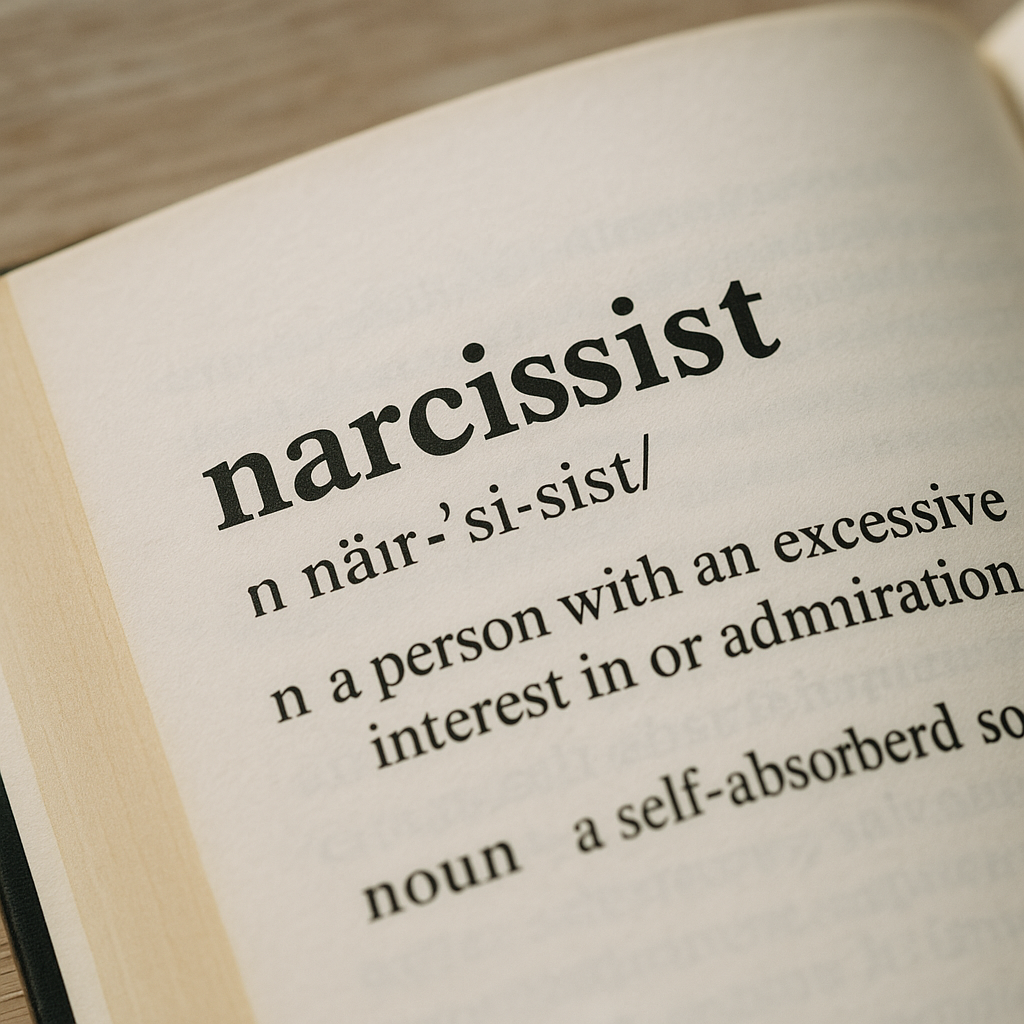
Is Your Spouse a Narcissist? Understanding Narcissism in Divorce.
If I had a dollar for every time a client told me their spouse is a narcissist, well, let’s just say I’d have a nice little nest egg. It’s a term that gets thrown around a lot, but from a legal standpoint, we need to dig a bit deeper — especially when you’re divorcing a narcissist in Tennessee.
What’s a Narcissist, Really?
Narcissism isn’t just about someone being self-centered or difficult. It’s a pattern of behavior marked by an inflated sense of importance, constant need for admiration, and a profound lack of empathy. In the context of marriage, that can show up as manipulation, control, emotional abuse, or financial dominance — the kinds of behaviors that can seriously affect your legal case.
Legal Implications of a Narcissistic Spouse
Calling someone a narcissist won’t move the needle in court. Judges don’t make decisions based on personality labels — they respond to documented behavior and how it impacts custody, co-parenting, and the equitable division of property.
If your spouse sabotages parenting efforts, hides money, or gaslights you in communication, those actions—not the diagnosis—are what the court will care about.
Building a Case Against Narcissistic Behavior in Court
To make your case, focus on what you can prove:
- Save texts and emails showing manipulation or control.
- Log incidents involving emotional abuse or refusal to cooperate.
- Get statements from witnesses who’ve seen these behaviors.
This documentation tells the real story, especially in cases involving child custody or alimony where credibility is key.
Why It Matters in Family Law
Whether you’re trying to prove emotional abuse, get a fair parenting plan, or simply protect your peace of mind, documenting narcissistic behavior is essential. It isn’t about revenge — it’s about safeguarding your future.
In Tennessee family law, clear, consistent behavior patterns matter more than emotional claims. By focusing on facts and building your case methodically, you give yourself the best chance at a fair outcome.
Bottom Line
Look — calling your ex a narcissist might feel satisfying, but that alone won’t carry weight in court. The real power lies in documenting what matters. Facts win cases. So keep the receipts, stay calm, and let the evidence speak louder than the label.
child custody and narcissism, divorce strategy, narcissism in divorce, narcissistic spouse, Tennessee family law